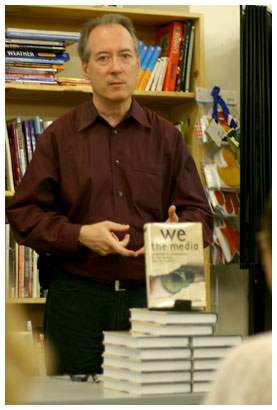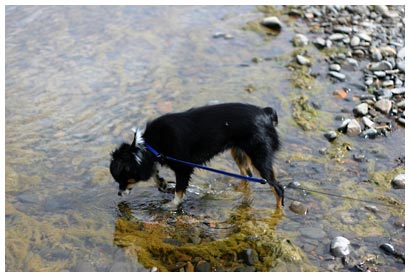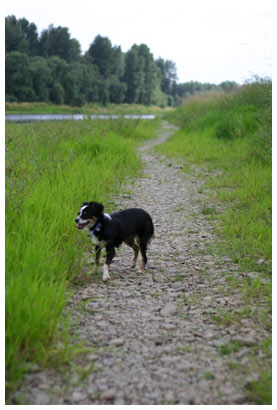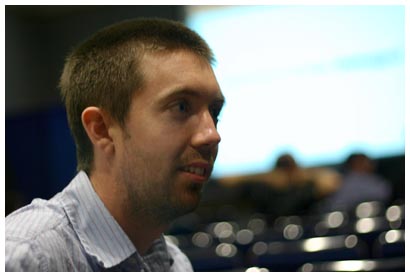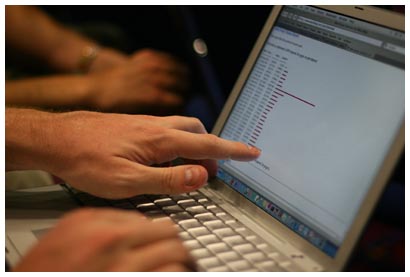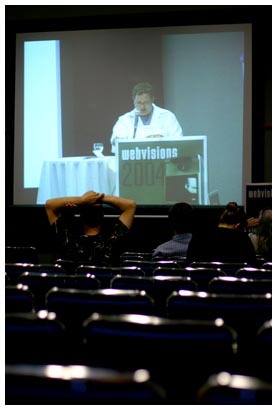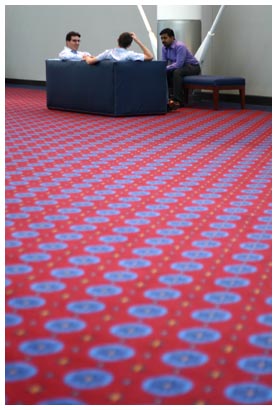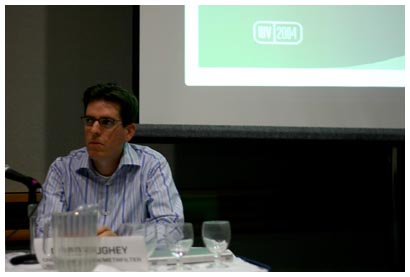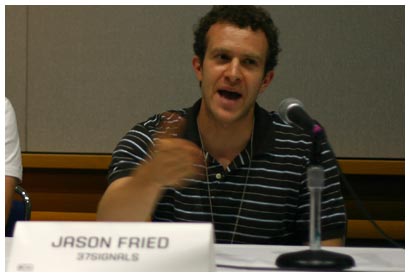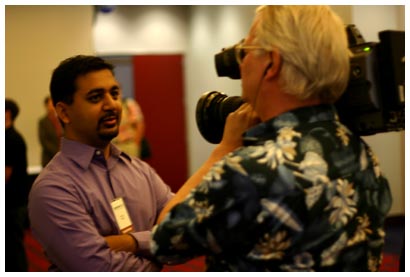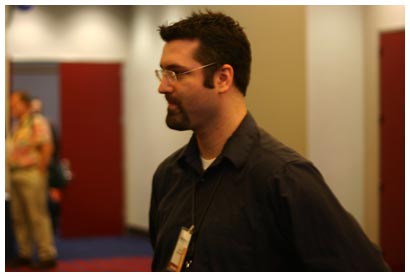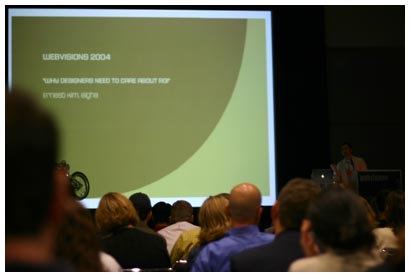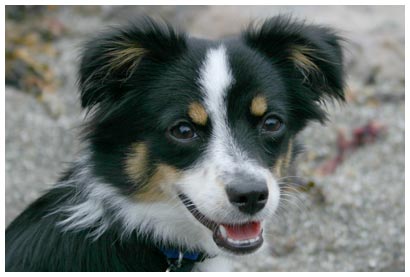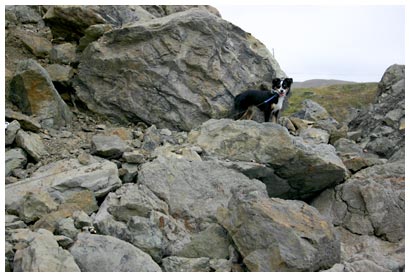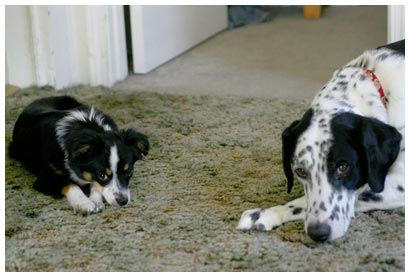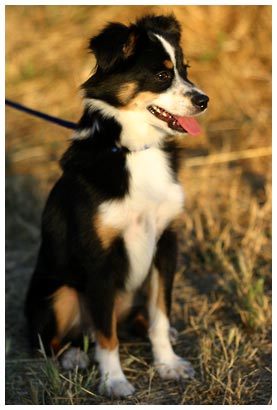I spent all day yesterday at
OSCON in Portland. The day started with a keynote by
Freeman Dyson and his son
George Dyson (moderated by
Tim O'Reilly).
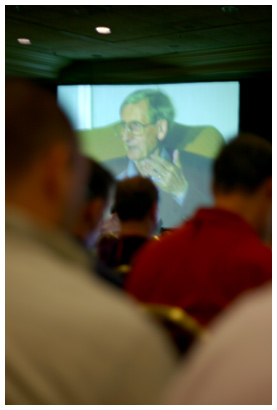
One of the things that struck me from the conversation was the idea of the "domestication" of technology. Freeman felt that the failure of nuclear technology was in part due to the fact that you can't have a small nuclear project. In other words, you can't run down to Radio Shack and pick up a fission kit and power your home projects with nuclear energy—it's solely the domain of large projects. By contrast, biotechnology is becoming domesticated. Freeman mentioned plant and animal gene-splicing kits for backyard breeders that are only a few years away. He mentioned a future children's game where kids compete to see who can grow the prickliest cactus, and the fact that DNA synthesizers—while currently outrageously expensive—are coming down in price. What I took away from this is that decentralization and adoption by a wide number of people is a key attribute if a technology is ultimately going to be successful.
There were a lot of other good elements in the talk, and they did discuss the dangers and unintended consequences related to new technology. Though Freeman said luck would prevent catastrophe, as it always does. (hmm.)
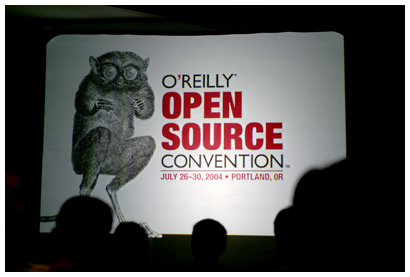
For the rest of the day I was on the O'Reilly-track. I saw a preview of their new magazine,
Make, which looks fantastic. It's produced by
Dale Dougherty and edited by
boingboing pioneer
Mark Frauenfelder who were both on hand to describe it. One of the first feature articles is how to build your own
kite photography rig. Dale mentioned the inspiration for the magazine came when he realized there was no Martha Stewart for tech geeks.
I also saw a demo of
SafariU, a tool that lets teachers assemble custom books from various sources. This is definitely a disruptive technology for the college book market, but should be very appealing to professors who want more control over course material. And I gave a demo of the newly launched
Safari Affiliate Program, and their related Web Services—a project I've been involved with for a while. Like I mentioned yesterday,
Safari is doing the important work of making books available as bits in addition to atoms—something I first read about in
Being Digital almost ten years ago. It seemed like a far-off future at the time, but here we are.


